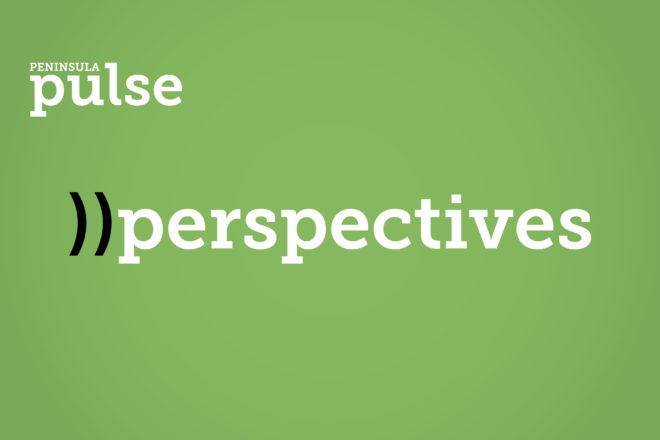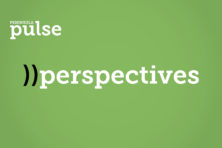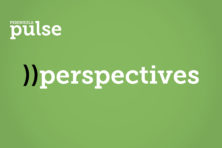Pulse of Philanthropy: It’s Not about the Tax Deduction
- Share
- Tweet
- Pin
- Share

by BRET BICOY, President and CEO, Door County Community Foundation
During a recent drive to visit one of our children, my wife and I found ourselves scanning the radio to find something interesting to pass the time. Although I’m not normally a fan of talk radio, we stumbled upon a program that piqued my interest. The host and his guest were discussing the state of charitable giving in their community.
Unfortunately, it didn’t take too long before a caller began an uninformed diatribe that has long frustrated philanthropic professionals like me. The caller was insisting that wealthy families give to charity only because they want the tax deduction. The caller seemed to believe that a charitable tax deduction is some sort of secret loophole that allows wealthy donors to avoid paying taxes and to actually generate a profit from their gift. Unfortunately, this is not the first time I’ve heard this specious argument.
I’ve worked in the world of philanthropy for three decades now. In all that time, I have yet to find a tax deduction, charitable trust or other secret formula through which a donor wouldn’t be better off financially if they just kept the money rather than giving it away.
The most you can hope to accomplish with charitable deductions and other tax-planning tools is to lower the cost of the gift. For example, a high-income donor who gives $100,000 to charity might avoid paying $35,000 in taxes. Yet at the end of the day, even after subtracting the tax savings from the money given away, the donor has still experienced a net financial loss of $65,000. If the donor truly wanted to maximize the amount of money she or he has, the easiest and most obvious solution is to not give the money away in the first place.
There’s a simple truth that every charitable professional knows: When it comes to major giving, it’s not about the tax deduction. It never is.
BNY Mellon Wealth Management recently released its inaugural Charitable Giving Study after interviewing individuals whose wealth ranged from $5 million to more than $25 million. The most commonly cited motivators that drove charitable giving among these exceptionally wealthy families were:
1. Personal satisfaction: I feel good about sharing my wealth; giving makes me happy.
2. Special cause: I have a personal or emotional connection to a cause or organization.
3. Impact: I want to see how my giving supports sustainable change for causes that matter to me.
4. Give back: I see it as my duty to give back because I feel that I’ve “made it.”
Tax planning is near the bottom of the list of the top-10 motivations for the giving habits of these high-net-worth individuals.
The findings of this report aren’t unique. Time and again, across numerous studies over the years, the research on charitable giving concludes that the tax benefits of a gift are not a primary motivation behind major contributions. These enormous charitable gifts are realized only after a donor has made a visceral connection with an organization or the cause it serves. The fundamental driving force behind major gifts is that they make the donor feel good.
As most nonprofit professionals will tell you, only after donors decide to make a major contribution will tax planning become a significant consideration. First they have to decide that they want to make the gift. It’s at that point that the issue becomes how to make it.
The study also found that 91% of these high-net-worth individuals incorporate a charitable-giving strategy as a part of their overall wealth strategy. That typically involves the counsel of an investment adviser, attorney or accountant when structuring their charitable giving.
Frankly, that’s a good thing for philanthropy. The guidance offered by tax and estate-planning professionals can significantly reduce a donor’s tax liability, thereby making it “cheaper” for them to give money away. The resulting tax savings often allow donors to make a larger contribution than they had initially envisioned.
Sadly, so many of us have grown disillusioned by the world that we now ascribe ulterior motives to even the most noble of deeds. We see people of great wealth giving away enormous amounts of money and assume that these wonderfully generous acts must somehow benefit them more than it benefits the community. That’s never true in a financial sense.
I suppose these major donors do enjoy the personal satisfaction that comes from knowing that their wealth is making a difference in the world. But there’s absolutely nothing wrong with that.
Contact Bret Bicoy at [email protected].




